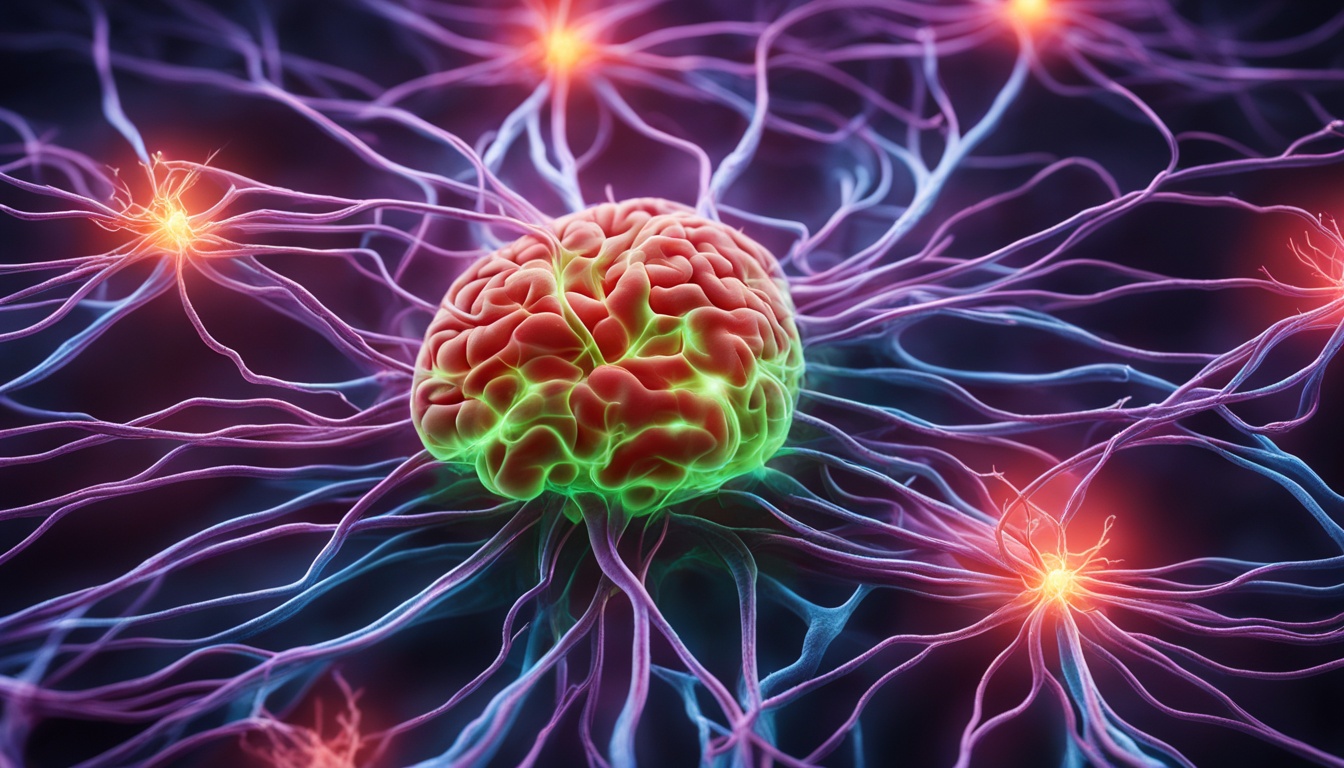Vascular dementia is the second most common dementia, following Alzheimer’s disease. It is due to less blood flow which harms the brain. This damage can come from atherosclerosis, heart issues, and strokes.
The signs of vascular dementia might show up slowly. They could also appear quickly after a big surgery or stroke. People may find they have memory issues, daily task problems, and trouble talking. Their emotions and urinary habits might change too.
Doctors diagnose vascular dementia with detailed medical checks and tests. These include things like blood tests, CT scans, and more. It’s crucial to pinpoint the causes, like high blood pressure, to start the right treatment.
Stem cell treatment is a new hope for vascular dementia. It aims to slow down the illness by fixing the brain damage. The stem cells used can be from the person’s own body. They are often put back using several sessions or in a row over a few days.
Getting diagnosed and treated with stem cells early is very important. This kind of therapy may not cure vascular dementia completely. But, it can improve lives, giving patients and their families hope.
Key Takeaways:
- Vascular dementia is the second most common form of dementia after Alzheimer’s disease.
- It is caused by decreased blood flow that damages brain tissue.
- Common symptoms include memory problems, difficulties in daily activities, language and communication issues, mood changes, and urinary problems.
- Diagnosis involves a thorough medical history, physical examination, and various tests.
- Stem cell therapy shows promise in slowing down the progression of vascular dementia.
Risk Factors, Treatment, and Living with Vascular Dementia
People at risk of vascular dementia might have factors that make them more likely to get the disease. These include being older, having high blood pressure, and smoking. Other factors are high cholesterol, diabetes, and atrial fibrillation. There’s also a risk if you have a high level of homocysteine in your blood.
To lower the risk, it’s crucial to lead a healthy lifestyle. This means eating well, being active, not smoking, and managing heart and diabetes issues.
The main treatment for vascular dementia tackles the conditions affecting blood flow to the brain. It aims at managing blood pressure, cholesterol, and diabetes with medicine. Doctors also use medications to control symptoms and slow the disease’s advance.
Living with vascular dementia can be tough for the person and their caregivers. However, there are many ways to help. Examples are healthcare, respite programs, and specialized care facilities.
Support for Living with Vascular Dementia
Vascular dementia care needs a strong support network. Patients and caregivers can get help in several ways:
- Healthcare providers: Talk to doctors and specialists in dementia care. They can give crucial information on managing the disease.
- Respite programs: These give caregivers a break. Loved ones in these programs are cared for while caregivers rest.
- Adult daycare programs: They provide activities, cognitive help, and safe care for those with dementia.
- Long-term care facilities: Sometimes, these facilities are the best option for dementia care.
Using these services and changing your lifestyle can really boost the well-being of those with vascular dementia.
Stem Cell Therapy for Vascular Dementia
Stem cell therapy is showing great promise in treating vascular dementia. It may offer benefits to patients. Stem cells can change into many types of cells, including those found in the brain. This makes them very useful for fixing damaged brain tissue. The success of this therapy depends on the patient’s age, their health conditions, and how long they’ve had the disease.
In this new treatment, doctors use mesenchymal stem cells. These come from the patient’s own bone marrow or fat tissue. The amount of cells used is based on the patient’s age and size. The therapy can happen in many sessions or all at once over a few days.
Getting diagnosed and starting treatment early is important for the best results. Research shows that stem cell therapy can help slow down vascular dementia. It might also make life better for those with the disease.
While there’s no cure for vascular dementia yet, stem cell therapy brings hope. It uses stem cells’ ability to repair to help treat the brain. This could improve symptoms and brain function. With more research, we hope to better understand, prevent and treat vascular dementia in the future.

